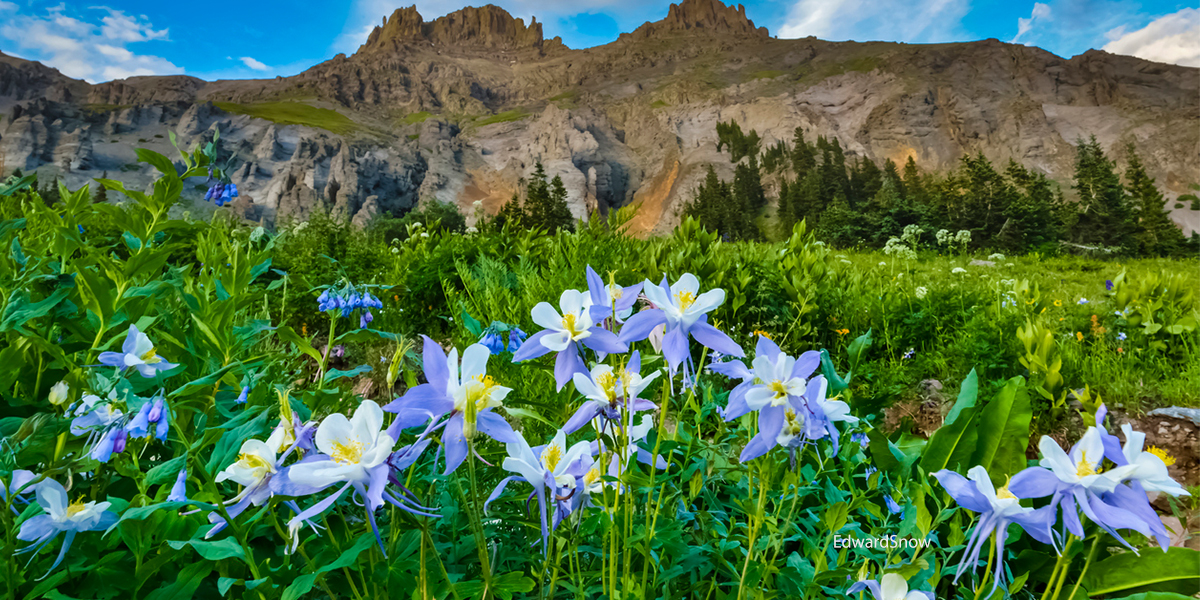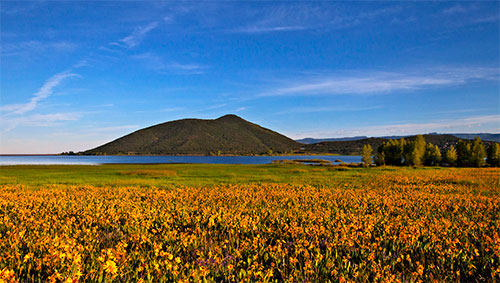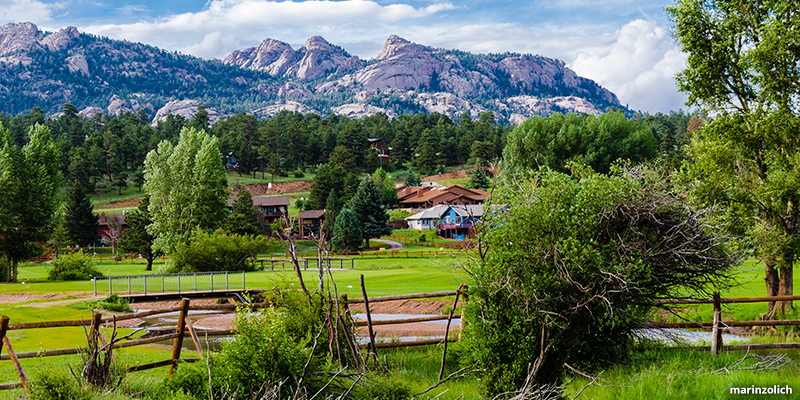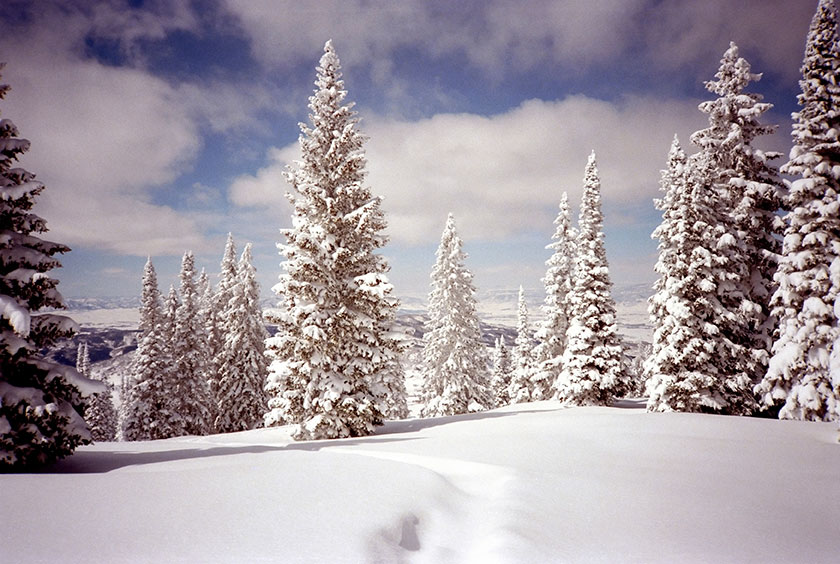The Rocky Mountain Columbine: Colorado’s State Flower
Colorado’s State Flower, The Columbine
The Rocky Mountain Columbine (aquilegia coerulea James) was discovered by mountain climber Edwin James, on Pike’s Peak, in 1820. It is easily identified by its beautiful blue-violet petals and spurs. In fact, the scientific name, aquilegia refers to the eagle-like spurs seen on the base of the flower. Coerulea actually means “blue sky” in Latin. It was designated as our state flower in 1899 after winning the vote of Colorado’s schoolchildren.
How Colorado Embraced the Violate Flower
The flower colors symbolize the state, the blue petals represent our clear blue skies, the white center cup represents our snow-capped mountains, the yellow stamens represent our region’s gold mining history. The word “columbine” is the Latin word for dove and refers to the graceful, long-spurred flowers of the plant.
Columbines are a member of the buttercup family of plants, Ranunculaceae, native to the Rocky Mountains of North America.
Growing and Cultivating Columbine Flowers
While not an edible plant for humans, as all parts of the plant are poisonous, the flower’s nectar is attractive to hummingbirds, native bees, and butterflies. It is also worth mentioning that it is a protected species and is illegal to pick on public lands. Gathering on private land with the land owner’s permission is legal. Suppose you’re interested in growing columbines in your own garden. In that case, there are many varieties available from seed suppliers, although none are the exact same type as our violet-blue state flower.
Where to Find Columbine Flowers
Whether you are a Colorado resident or visiting our beautiful state, you will see images of the columbine in many places. Artists have painted and photographed them, and you will also find their beauty in jewelry. Of course, if you hike or backpack, look carefully, you will find them in the late spring through mid-summer. They prefer higher elevations and do well in both meadow and woodland areas.
If you take a moment to look at the flower, notice its unique shape, violet petals, white center cup, and gold-hued stamens. You will understand why it’s our state flower, a beauty to behold, just like Colorado.







